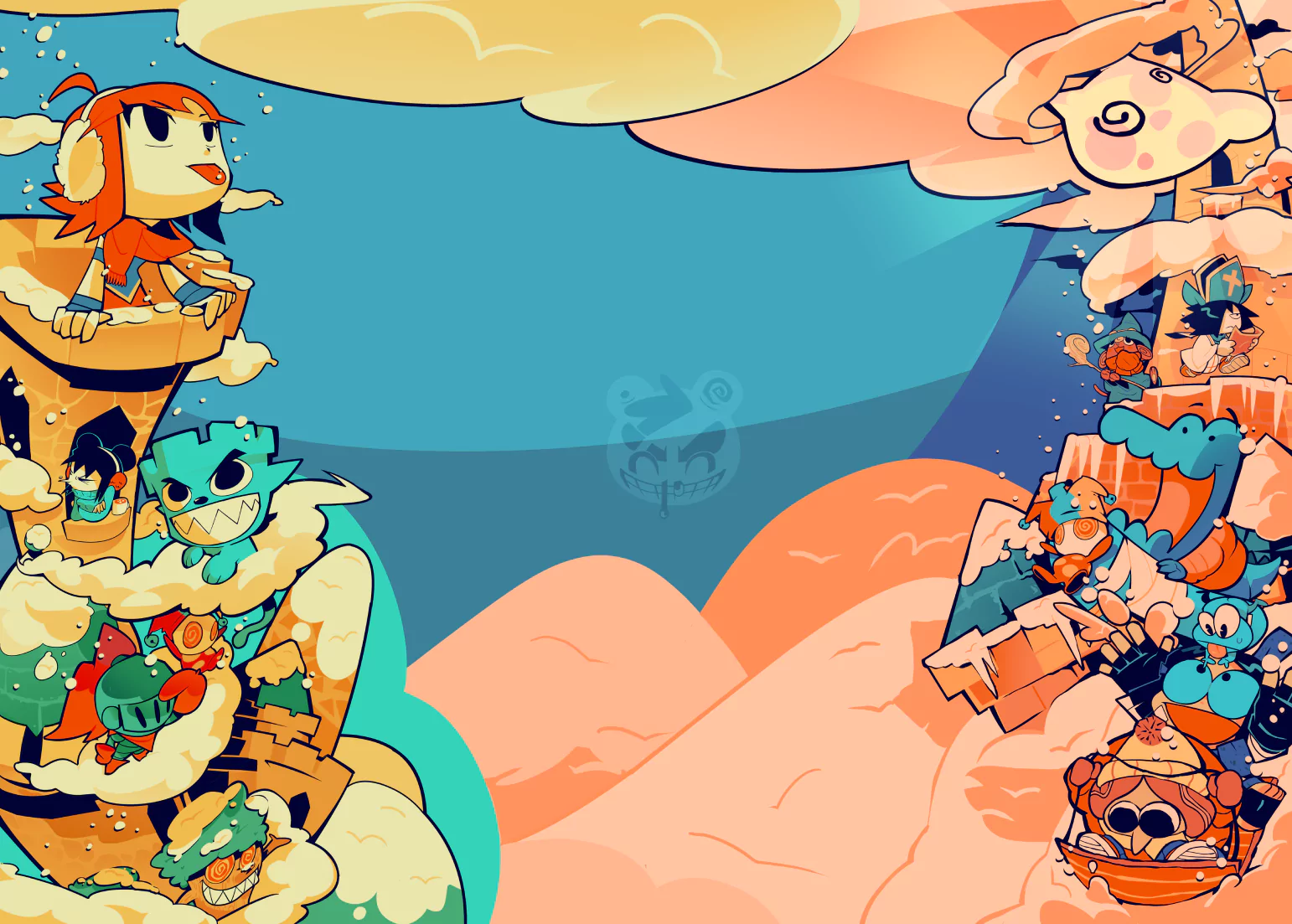My roommate a philosophy studier in that he thinks too much player agency is harming them (even though it isn't); assuming this is true, what methods or ways could you try to remove player agency?

At 3/6/23 01:24 PM, GameSmashDash wrote: My roommate a philosophy studier in that he thinks too much player agency is harming them (even though it isn't); assuming this is true, what methods or ways could you try to remove player agency?
Well, it all depends on the game really. What type of game are you making?
That said I think your roommate is objectively wrong - more player agency is always better. So many (AAA) games have so little agency you might as well be watching a movie.
At 3/6/23 01:24 PM, GameSmashDash wrote: My roommate a philosophy studier in that he thinks too much player agency is harming them (even though it isn't); assuming this is true, what methods or ways could you try to remove player agency?
I know that in RPGMaker games (and probably many others as well), movement is restricted during cutscenes to prevent any shenanigans.
Other than things like that, I don't really see how player agency would be "bad".
If the game is properly tested, balanced, and not giving the player instantaneous god powers, it should be fine.
The main problem I see with player agency is that of ludonarrative dissonance - where your player's actions differ from their motivations because you only control the former. You can either fix this by taking away player agency, or by incorporating their actions into their motivations. The latter is usually more conducive to gameplay, the former is more for movies as other posters said.
Slint approves of me! | "This is Newgrounds.com, not Disney.com" - WadeFulp
"Sit look rub panda" - Alan Davies
The most common method of removing player agency is not having certain features available. To pick a very basic example, if you don't want certain NPC's to be killed, you make them unkillable, or even place them in a game with no combat. If a game is well-designed, you're not bothered or don't even notice/think about the ways your actions are restrained.
I strongly disagree that more agency is always better, I actually believe the opposite. I think strong game design is tight and focused. You have to think about what you want your game to be, or do; what kind of experience you want your players to walk away from (Do you want to tell a good story? Do you want them to feel the rush of victory, the satisfaction of defeating a fair-but-difficult challenge? Do you want them to feel the satisfaction of big number go bigger?) and what resources you have to make it happen, and then scope accordingly.
The AAA games with cutscenes mentioned by earlier commenters are an example of a game with multiple goals, that at times conflict with one another (they want to tell a good story, but not have the story be disrupted by a player's actions during plot-crucial moments) so one goal takes a backseat to another. It could also be that not every resource was available to make the game the way the devs wanted it to happen, due to budget of time restraints, and then certain things get prioritized (making a game that is flawed but finished will always be better than a game that is unfinished, or dies in development).
